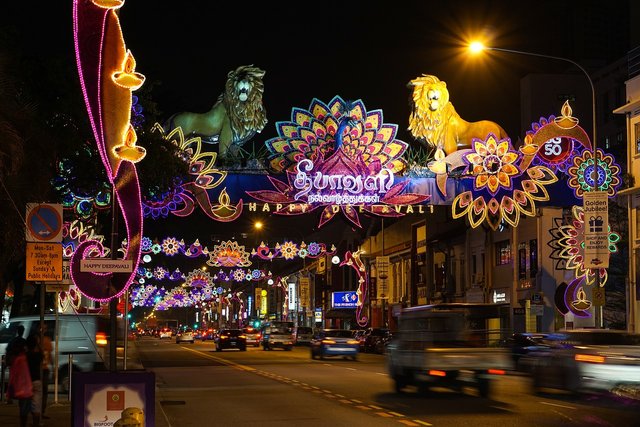Greetings friends!
Festivals hold a special place in the hearts of people around the world, bringing communities together in joyous celebrations. One such festival that embodies the spirit of festivity is Diwali, the Hindu Festival of Lights. However, as traditional celebrations evolve in the modern era, they often become entwined with commercialization, losing some of their original essence. This article explores the significance of festivals, focusing on Diwali, and examines the challenges posed by commercialization and environmental concerns.
Festivals play a crucial role in fostering a sense of community, cultural identity, and shared joy. Diwali, celebrated by Hindus worldwide, signifies the triumph of light over darkness, good over evil. The festival is marked by the lighting of lamps, colorful decorations, and the exchange of sweets and gifts. Families come together to share meals, create beautiful rangoli patterns, and participate in religious ceremonies. Diwali encapsulates the spirit of unity, hope, and the victory of righteousness.
However, things are changing very fast. In recent times, the essence of traditional festivals has been overshadowed by commercial interests. The market-driven approach has led to an emphasis on extravagant decorations, expensive gifts, and ostentatious celebrations. While economic activity during festivals is inevitable and often beneficial, it is essential to strike a balance that preserves the cultural and spiritual significance of these events.
The Dark Side of Celebration: Environmental Impact:
One of the most visible consequences of the modern celebration of festivals is the environmental toll it takes. Diwali, for instance, is notorious for the widespread use of firecrackers. The spectacular display of lights in the night sky comes at a significant cost to the environment. The burning of firecrackers contributes to air and noise pollution, posing health hazards and causing distress to animals.
Light pollution is another concern during festivals. The excessive use of artificial lights not only disrupts the natural balance of the night sky but also affects the sleep patterns of humans and wildlife. The excessive brightness in urban areas during festivals has led to a loss of visibility of celestial objects, impacting our connection with the cosmos.
As we revel in the joy of festivals, it is crucial to embrace a more environmentally responsible approach. This involves reevaluating our use of resources, reducing waste, and choosing sustainable alternatives. Communities can come together to organize eco-friendly celebrations, incorporating traditional practices without compromising the well-being of the planet.
Festivals are an integral part of our cultural tapestry, fostering unity and joy. Diwali, with its profound message of light conquering darkness, exemplifies the essence of celebration. However, the commercialization of traditions and the environmental impact of extravagant celebrations remind us of the need for balance. By embracing the joy of festivals in a sustainable manner, we can ensure that future generations inherit not only rich cultural traditions but also a healthy and vibrant planet.
In the end I would like to wish all a very happy and prosperous Dipawali. May the festival of light enlighten us all!
Thank you!

@crypto.piotr please pay attention.
Downvoting a post can decrease pending rewards and make it less visible. Common reasons:
Submit